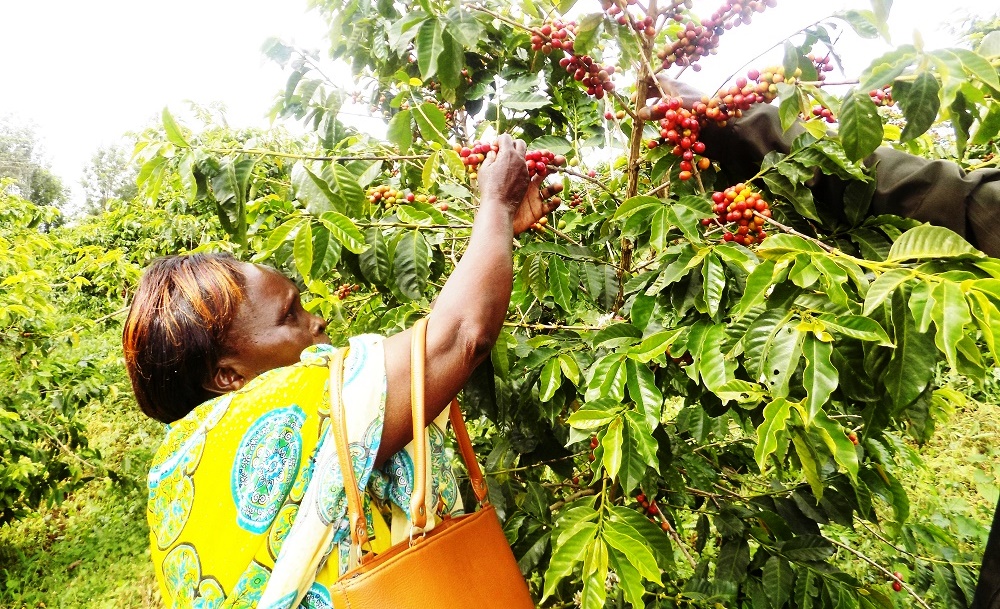The government plans to revive agricultural extension services through the Agricultural and Livestock Extension Services Bill, 2022, which when passed into law, will establish the Agricultural and Livestock Extension Service (ALES).
The corporate body will be mandated to enhance the competitiveness of the agriculture and food industries and increase their long-term productivity.
It doing this, it will be required to maintain and enhance the natural resource base on which the counties and the national government economies will depend on, and further improve risk management in the agricultural industry.
In addition, the service will develop new uses and products for agricultural commodities and come up with alternative production methods to develop new crops, and shall be required to support agricultural research on extension services.
This will help to promote economic opportunity in rural communities and to meet the increasing demand for information and technology transfer throughout the agriculture industry.
ALES will also be required to collaborate with county governments in improving the coordination and planning of agricultural research, extension and teaching programmes and identify needs and establish priorities for the programmes.
The collaboration will also ensure that national agricultural research, extension and teaching objectives are fully achieved, and that the results of agricultural research are effectively communicated and demonstrated to farmers, processors, handlers, consumers and all other users who can benefit from them.
If the Bill is enacted, the mandate and functions of ALES will be vested on the Board of Directors, which will have a chairperson appointed by the Cabinet Secretary (CS) in the Ministry of Agriculture and Livestock Development (MOALD)and the principal secretaries.
Other members will include: two people with knowledge and experience in the field extension services who will be nominated by the Council of Governors (CoG), and one person representing the Kenya Agricultural and Livestock Research Organisation (KALRO) nominated by the organisation.
There will also be one member in the board who will represent the National Association of Agriculture and Livestock Extension Service Providers nominated by the association, another one person who will represent extension services training institutions nominated by the MOALD CS, and the Chief Executive Officer (CEO).
If enacted, the relevant CS will now be required by law to publish in the Gazette an agricultural and livestock extension service policy at least once every five (5) years for implementation and standard delivery of extension services by the county governments.
Further, the relevant County Executive Committee Members (CECMs) will be required by law to formulate and publish in the Gazette a county-specific extension service strategy.
The CECM will, in formulating the strategy, take into account the national livestock policy crafted by the CS.
The Senate standing committee on agriculture, livestock and fisheries, in its report on the Bill however rejected the MOALD proposal that suggested uniform regulations, arguing that every county has its unique challenges and will contravene the intention of the Bill.
The ministry had noted that since extension services are devolved functions, the service board advising the CS will only influence policy and not the actual extension being undertaken in the counties.
During public participation processes, the committee noted in the report that it received written submissions from only two stakeholders – Agriculture ministry and the Kenya Plant Health Inspectorate Service (KEPHIS).
By Sacco Review reporter
Get More Stories from our Website Sacco Review Newspaper
You can also follow our social media pages on Facebook Sacco Review Newspaper for timely updates.


